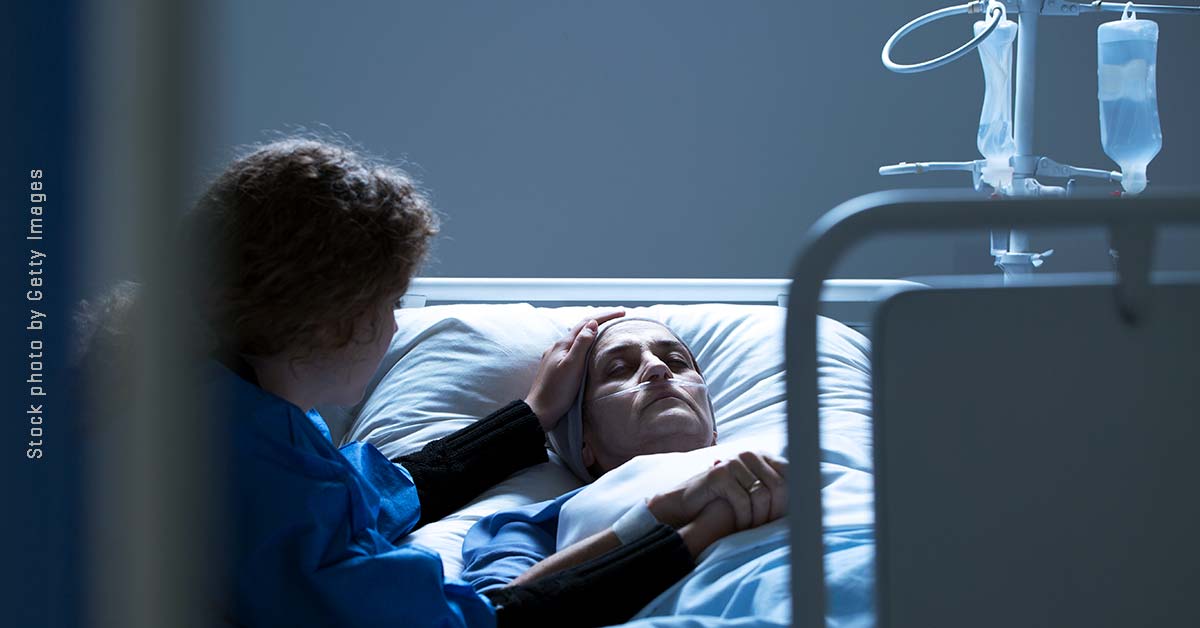
Neutralizing tumor cells
What exactly can be used to treat DTCs? That’s what the rest of the consortium will discover.
Ghajar and immunology expert Riddell, who holds the Burke O’Reilly Family Endowed Chair in Immunotherapy, will co-lead another project that aims to use both natural and engineered immunity to neutralize disseminated tumor cells.
This team will use deep precision profiling of primary tumors, disseminated tumor cells and the immune microenvironments — the immune cells in and around tumor cells — to identify candidate antigens (markers on tumor cells that immune cells could be programmed to target) for engineered T-cell immunity. They’ll also look at the mechanisms used by the tumor and its microenvironment to suppress immune response as future drugs could potentially target these mechanisms to neutralize DTCs.
Ghajar and Riddell’s team will use patient data and specimens from the sister projects to drive their project’s discovery pipeline which in turn, will inform additional projects.
Metastatic breast cancer patient Teri Pollastro of Seattle, one of the advocates on this project, said she and fellow advocates were involved in every step of the proposal.
“We read it, we edited it, we did a patient advocate piece for it and talked about what the project would look like,” she said. “We were all very involved and the scientists were very accepting and appreciative. They took everything we said very seriously. To me that was exceptional. We definitely were a team.”
Like Weatherby, Pollastro also progressed from DCIS to metastatic breast cancer (stage 4) after several years. She is still in treatment and advocates for MBC research through the Hutch and other organizations, such as the MBC Alliance.
Pollastro, who has participated in clinical trials herself, said inviting patients to the research table is both necessary and beneficial to science.
“I can’t tell the researchers about science but I can tell them what it’s like to be a patient,” she said.
Li said the yearlong contribution of time and insights from patient advocates was immense.
“They have been critical in every aspect of this proposal,” he said.
UCSF researchers Dr. Jayanta Debnath, a cell biologist and expert on autophagy (how the body devours damaged cells) and Dr. Arun Wiita, a physician-scientist who has developed cutting-edge strategies to define the sets of proteins that are on cell surfaces, will lead an effort to define and re-engineer the DTC and metastatic cell surface to prevent metastasis. Their goal is to either re-engineer and uncloak these cancer cells for elimination by host immune cells or render them incapable of metastatic progression.
Dr. Alana Welm of Huntsman Cancer Institute, a cancer biologist with expertise in modeling and the tumor microenvironment, will expand her rapid autopsy program, which collects tissue from patients immediately after death, to reveal tissue-specific features of DTCs and the microenvironments that keep them alive even through cancer therapy. She and her team will look for ways to make the environment less supportive, then will trial these therapies in humanized mouse models (that is, laboratory mice engineered to have some human biological features).
The final project is on epigenetics, the changes on top of our genes that are influenced by environmental factors such as stress and nutrition and passed down from parent to child. The team will define epigenetic variants in “clinically relevant DTCs” – the ones that go on to drive metastasis – in hopes they can potentially be targeted with treatment. Led by Dr. Katherine “K-T” Varley at Huntsman, a computational biologist who has pioneered methods to profile cancer epigenomes (all the epigenetic modifications on a cancer cell that tell it what to do), this project is intended to define epigenetic changes associated with DTC emergence that enable early detection of subclinical (or undetected) recurrence and devise therapies to keep DTCs dormant or target them for immune detection (and destruction).
Along with Pollastro, patient advocates include Sharon Folland, working with researchers at Huntsman; Vivian Lee, partnering with the UCSF team; and Debbie Laxague and Tracy Solak, both from the National Breast Cancer Coalition.
"breast" - Google News
July 28, 2022 at 03:22AM
https://ift.tt/1m2jJ9v
Hutch scientists receive $25M to solve breast cancer metastasis - Fred Hutch News Service
"breast" - Google News
https://ift.tt/bJ9XAzU
https://ift.tt/fIMk4UF
Bagikan Berita Ini














0 Response to "Hutch scientists receive $25M to solve breast cancer metastasis - Fred Hutch News Service"
Post a Comment